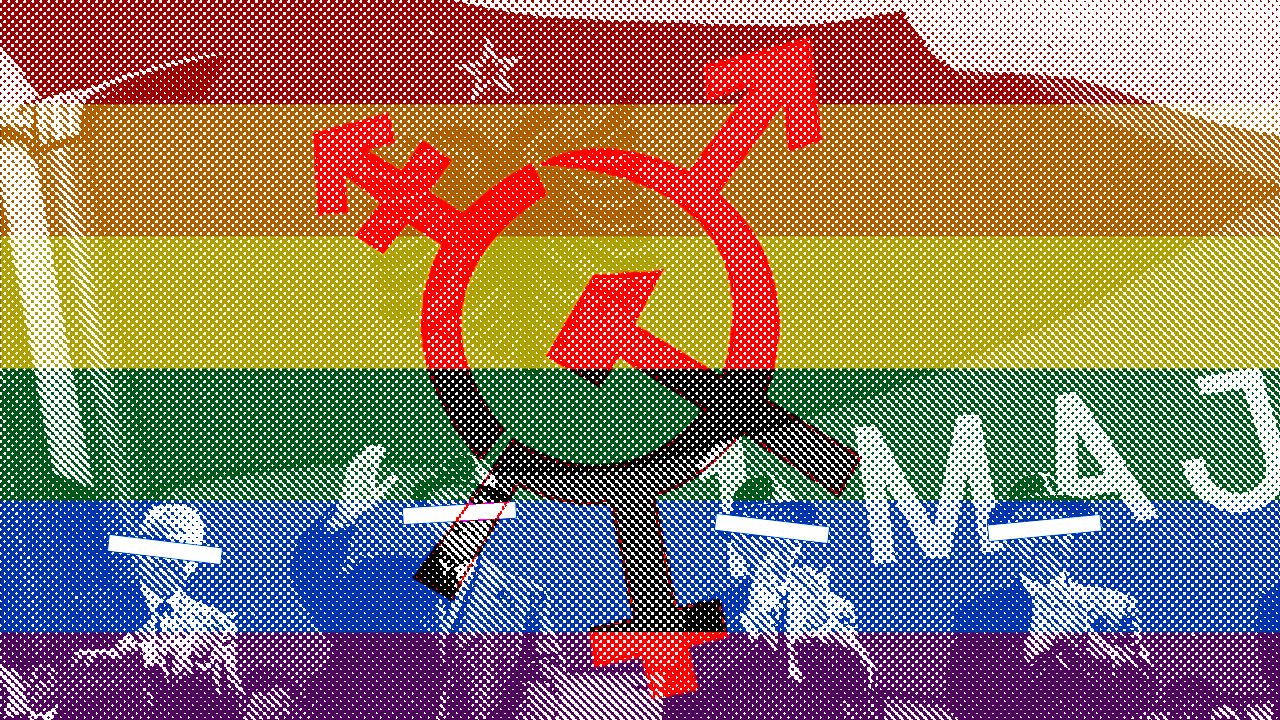
Albania’s communist regime targeted gay men
Addressing the past while dealing with the present.
|08.10.2024
|
Communism in Albania
The decline in fertility coupled with the national need for militaristic self-reliance might have increased the state's interest in clamping down on non-procreative sex activity.
Developing an archival project that centers queer voices is necessary for preserving stories that might otherwise go untold and challenging the heteronormativity of historical inquiry.

Kristina Millona
Kristina Millona is an Albanian scholar working on topics related to homoeroticism, communism and archives. She holds a Master's degree in Transnational Queer Feminist Politics from SOAS University of London.
This story was originally written in Albanian.